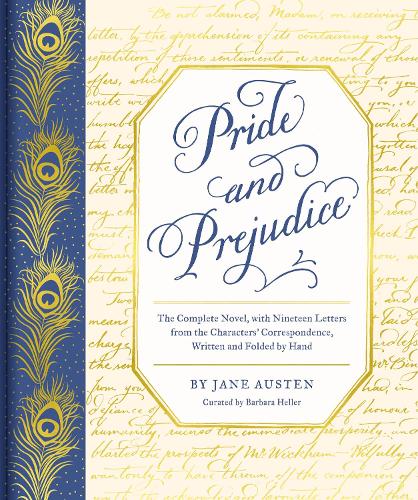The adaptation of Pride and Prejudice by This Is My Theatre is described as inventive and creative, delivering a compelling and humorous 90-minute performance.
This review appreciates the theatrical adaptation's creativity in condensing the classic novel into a 90-minute format without losing its essence. The production is noted for its humor and compelling nature, making it an enjoyable watch and a fresh take on Austen’s work that resonates well with contemporary audiences.
Quick quotes
The always inventive and creative This Is My Theatre have given their inimitable treatment to adapting Pride and Prejudice.
Compelling, humorous and of course, the perfect watch this year.
A fresh take on Austen’s classic that still captures its spirit.
